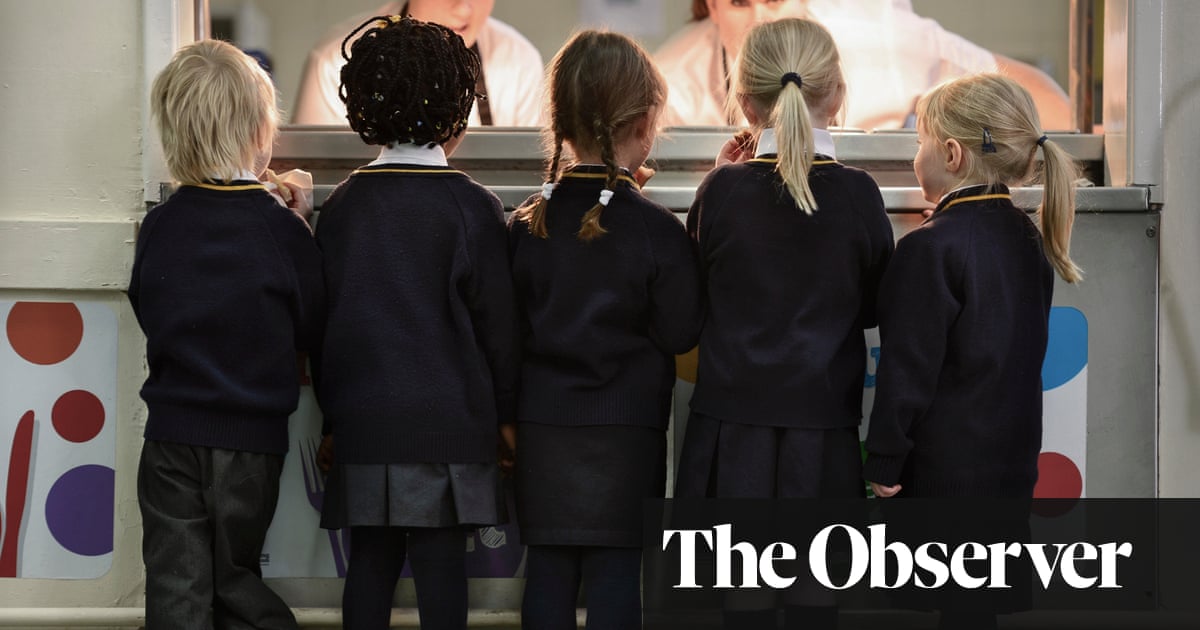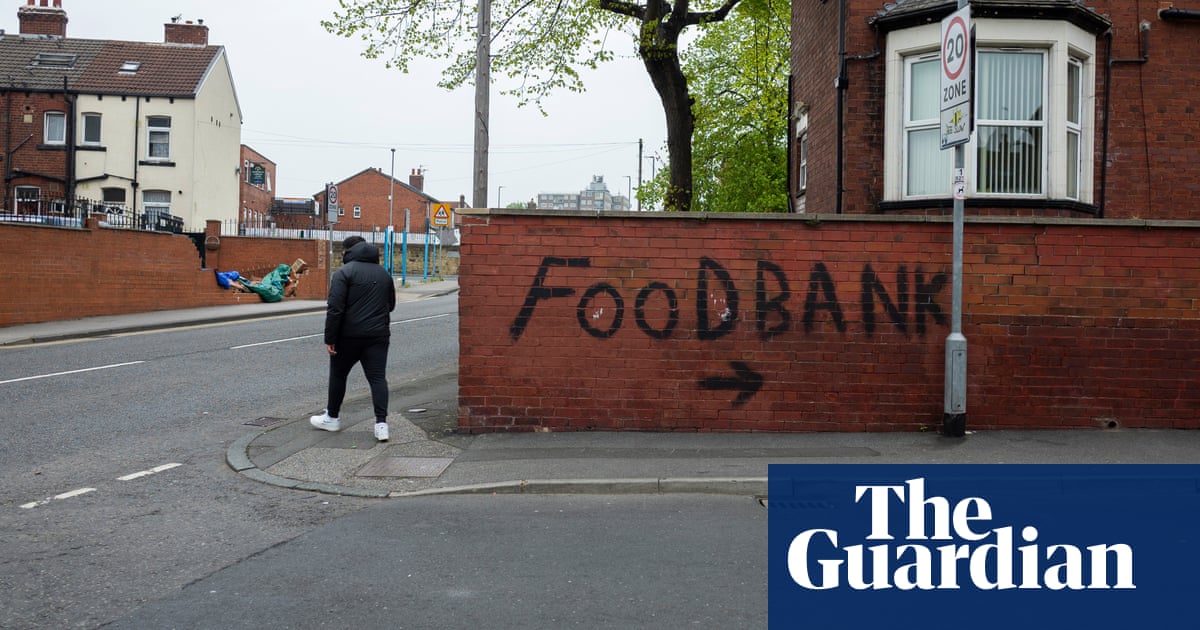
Suspensions and exclusions from schools in England went up by more than a fifth in the past year, according to analysis of live attendance data in a new report that raises concerns about children being shifted out of mainstream education into alternative provision.
Research by the Institute for Public Policy Research (IPPR) found that cash-strapped councils are spending increasing amounts on educating pupils outside the mainstream schools “where quality and safety is less guaranteed”.
The report, co-produced by the education charity The Difference, says money is “flowing away” from state-funded placements into privately run alternatives, where “too often children are let down by an under-regulated, unappreciated and overworked sector”.
It identifies a 56% jump in children leaving state settings for privately run provision paid for by the state between 2018-19 and 2023-24. The average cost can be double that of a place in a state setting, with some places costing up to £111,000 a year for each child, it warns.
Government figures published in July revealed a sharp increase in pupils suspended or permanently excluded from school in 2022-23, with a record 787,000 suspensions – equivalent to nearly one in every 10 pupils in England being temporarily sent home, and 9,400 exclusions, up 44% compared with 2021-22.
The IPPR analysis attempts to provide a more up-to-date picture and compares the first two terms of 2022-23, using a sample of live attendance data from the same period in 2023-24 collected by FFT Education Datalab.
Researchers found the suspension and exclusion rate for secondary schoolchildren went up from 14.3% to 17% over that period, while wider analysis of 2022-23 data found 32m days of learning were lost because of a combination of exclusions and unauthorised absence, which is also contributing to lost learning in England’s schools.
Children from low-income backgrounds, and those with special educational needs and mental health issues are the most likely to miss learning, according to the report, which establishes an “exclusions continuum” covering 14 different types of lost learning, including permanent exclusions, temporary suspensions and unauthorised absences.
Pupils who are on free school meals (FSM) are nearly five times more likely to be permanently excluded and four times more likely to be suspended than their non-FSM classmates, the report says, while children from some ethnic minority backgrounds are disproportionately being placed in alternative provision (AP) away from mainstream schools.
According to researchers, children from Black Caribbean and mixed Black Caribbean and white heritage are 2.5 times more likely than average to be placed in alternative provision. Pupils of Gypsy, Roma and Irish Traveller heritage are four times more likely.
The report also found that 95% of secondary schools are concerned about internal truancy, where pupils come to school but do not attend lessons, and nearly one in five schools use part-time timetables to support children struggling with school.
Kiran Gill, an IPPR associate fellow and the CEO of the Difference, said: “The past four years, post-pandemic, have seen an alarming rise in children losing learning. We should all be worried about the social injustice that the most marginalised children – who already have the biggest barriers to opportunity outside of school – are those most likely to be not in classrooms through absence, suspension and exclusion.”
Paul Whiteman, the general secretary of the National Association of Head Teachers, said: “Schools want children to be in the classroom, and use suspensions and exclusions as a last resort for the safety and wellbeing of all children.”
A Department for Education spokesperson said the “shocking” increase in school suspensions and permanent exclusions reflected the “massive” scale of disruptive behaviour in schools.
“We are determined to get to grips with the causes of poor behaviour; we’ve already committed to providing access to specialist mental health professionals in every school, introducing free breakfast clubs in every primary school, and ensuring earlier intervention in mainstream schools for pupils with special needs.”












